
John Fry is a student at Harvard Law School.
Fifteen law professors, including OnLabor’s own Benjamin Sachs and Sharon Block from Harvard, filed an amicus brief on Tuesday opposing SpaceX’s bid to keep its lawsuit against the National Labor Relations Board in Texas instead of California. As I covered earlier this month, SpaceX’s suit was transferred from Texas to California by a district court judge. SpaceX sought to halt the transfer by petitioning the Fifth Circuit for a writ of mandamus, but a Fifth Circuit panel denied the petition. The company then petitioned the Fifth Circuit to rehear the case en banc, prompting the law professors to weigh in.
In their brief, the amici observe that mandamus is an extraordinary remedy, reserved for circumstances in which no other relief is available. These conditions are not met in the SpaceX case, the professors argue, because the company could have sought interlocutory appeal of the transfer under 28 U.S.C. § 1292(b), but failed to do so. While § 1292(b) appeals have been denied in cases of discretionary venue transfer under 28 U.S.C. § 1404, the judge in the SpaceX case ordered a transfer under 28 U.S.C. § 1406, ruling that venue in Texas was statutorily improper. Whether the transfer was correct is thus a question of law, not one of discretion, making it fit for § 1292(b) review, according to the professors.
The amici next argue that SpaceX cannot show the “clear right to relief” that mandamus requires because the district court judge applied the correct legal standard regarding venue, namely that a “substantial part” of the events underlying a claim must have occurred within a venue for that venue to be proper. In the SpaceX case, “no charging party resided in Texas, the respondent company did not reside in Texas, and 36 of 37 allegations of unlawful conduct lacked any Texas connection,” leading the professors to argue that the transfer to California cannot be considered a “clear abuse of discretion.”
The professors conclude by warning that a ruling in favor of SpaceX would worsen forum-shopping and undermine public confidence in the judiciary. SpaceX’s theory of proper venue in the Southern District of Texas relies largely on the fact that one of its executives sent a companywide email which reached some employees located in that district. If this argument prevails, the amici suggest, any corporate litigant will be able to manufacture venue anywhere it wants, simply by sending an organization-wide email. The professors argue that allowing companies to challenge administrative enforcement in any venue where they may have an office will lead to a flood of anticipatory, politically contrived suits.
SpaceX filed a reply in support of its petition for rehearing on Thursday. Interlocutory § 1292(b) review is not appropriate for § 1406 transfers, the company argues, because such review is meant to “facilitate the termination of the litigation,” a goal which transferring a case between districts cannot accomplish. The company claims that there is no precedent for denying mandamus in a § 1406 case on the grounds that § 1292(b) review was available. Lastly, SpaceX argues that as a practical matter, it had no opportunity to seek § 1292(b) review of the transfer, due to the speed with which the district court judge transferred the case.
Employers, unions, and administrative law experts will continue to watch the SpaceX case closely, as it is a potential bellwether for future challenges to the NLRB and other federal agencies.

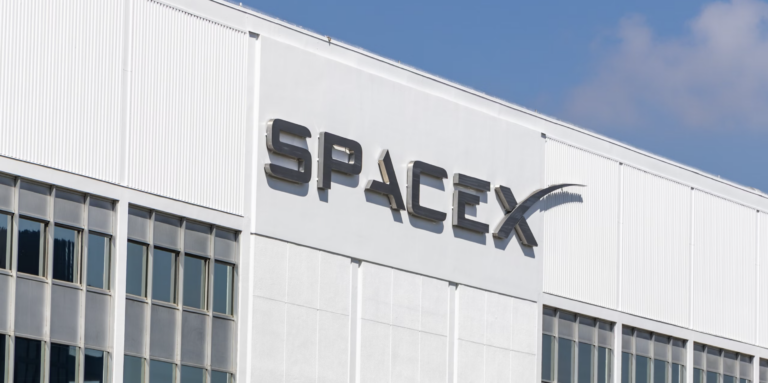
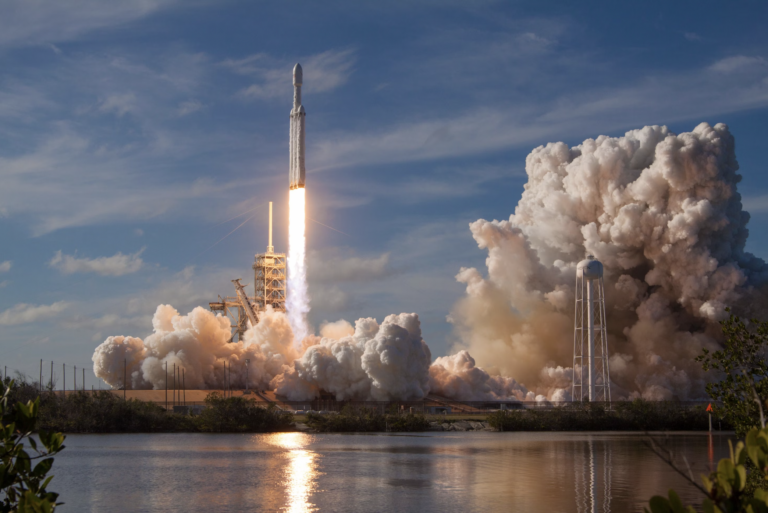
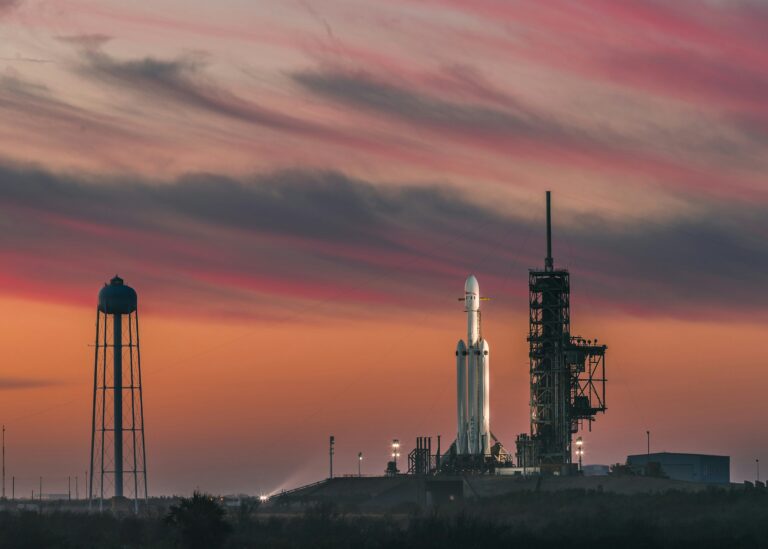
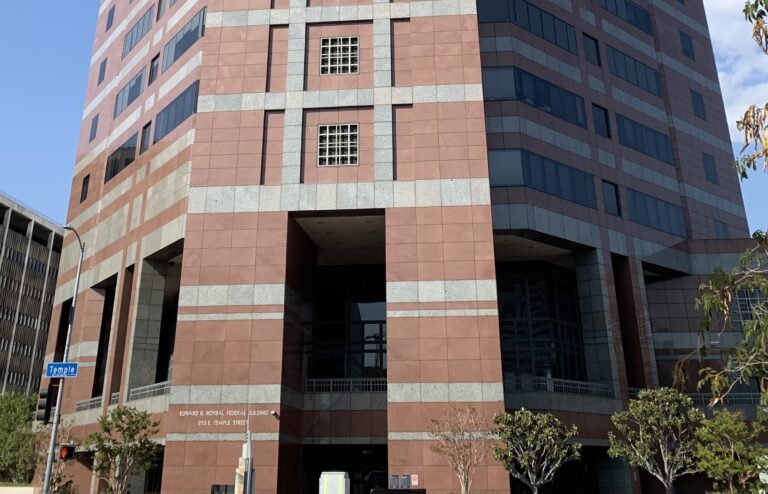


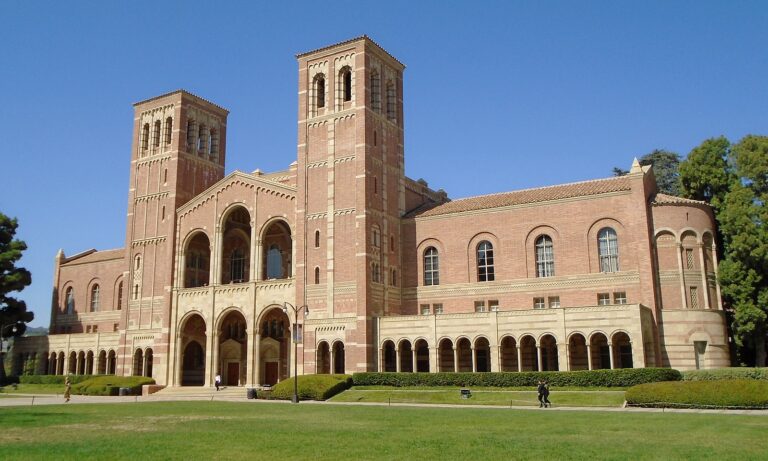


Daily News & Commentary
Start your day with our roundup of the latest labor developments. See all
July 26
Prop 22 survives; video game workers take action; NLRB challenged.
July 25
Disney union reaches tentative agreement, FAA agrees to improve worker conditions, and Olympic dancers drop strike notice.
July 24
Unions demand end to military aid for Israel; UAW and Teamsters hold out on Harris endorsement; Judge declines to block FTC ban on non-competes
July 23
NLRB drops appeal of a district court case striking down its joint employer rule; red states challenge EEOC’s pregnancy rule; and the WNBA players’ union taps advisors.
July 22
Unions respond to Biden's exit, many back Harris.
July 19
The Bronx Defenders Union announces a tentative collective bargaining agreement; Amazon workers continue a strike in Skokie; Bangladesh students continue protests over government job quotas.